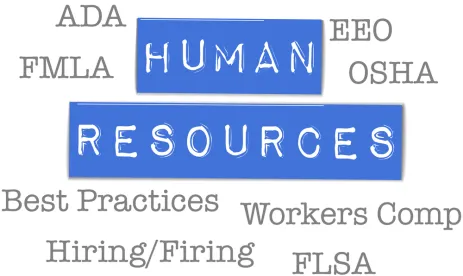Rather than conduct in breach of an inherent duty of loyalty to the employer, the Eleventh Circuit Court of Appeals has ruled that a human resources representative engaged in protected activity under Title VII of the Civil Rights Act of 1964 when she referred a coworker who complained of discrimination to a plaintiff’s attorney. Gogel v. Kia Motors Manufacturing of Georgia, Inc. The ruling is more surprising in light of the fact that, as a Team Relations Manager, the HR representative was responsible for, among other things, investigating and resolving internal complaints of discrimination. However, the Court focused upon the allegations that the employer “forbade” Gogel – the HR representative – from investigating a complaint made by an employee, Diana Ledbetter, and generally ignored other complaints of discrimination made by Ledbetter, other Kia employees, and Gogel herself. The employer allegedly discharged Gogel after discovering that the same attorney represented both Gogel and Ledbetter, as it believed that Gogel had “encouraged or even solicited [Ledbetter’s] filing of the charge” and thus “at the very least, there [was] an appearance of a conflict of interest.” Gogel subsequently sued, alleging, among other things, that she was fired for engaging in protected activity.
The Court held that Gogel’s actions were reasonable (and thus protected) considering she tried to resolve complaints internally but failed due to the inadequacy of her employer’s procedures. Further, the Court held the ruling advanced the “purpose of the statute and the need to protect individuals asserting their rights” by going outside the employer’s internal procedures.
This decision serves as an important reminder of the importance for companies to effectively implement and follow their investigation and complaint resolution procedures.




 />i
/>i

